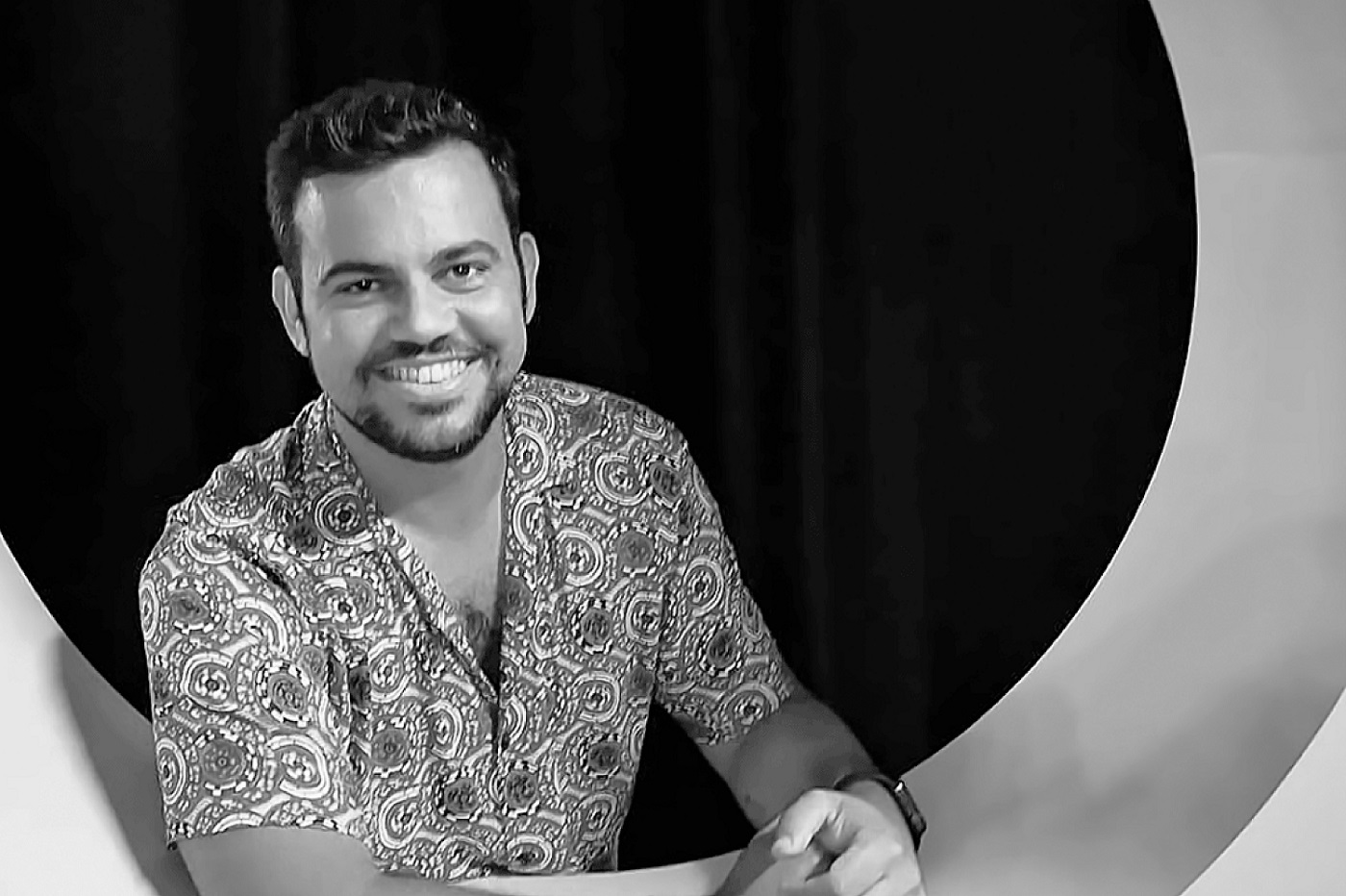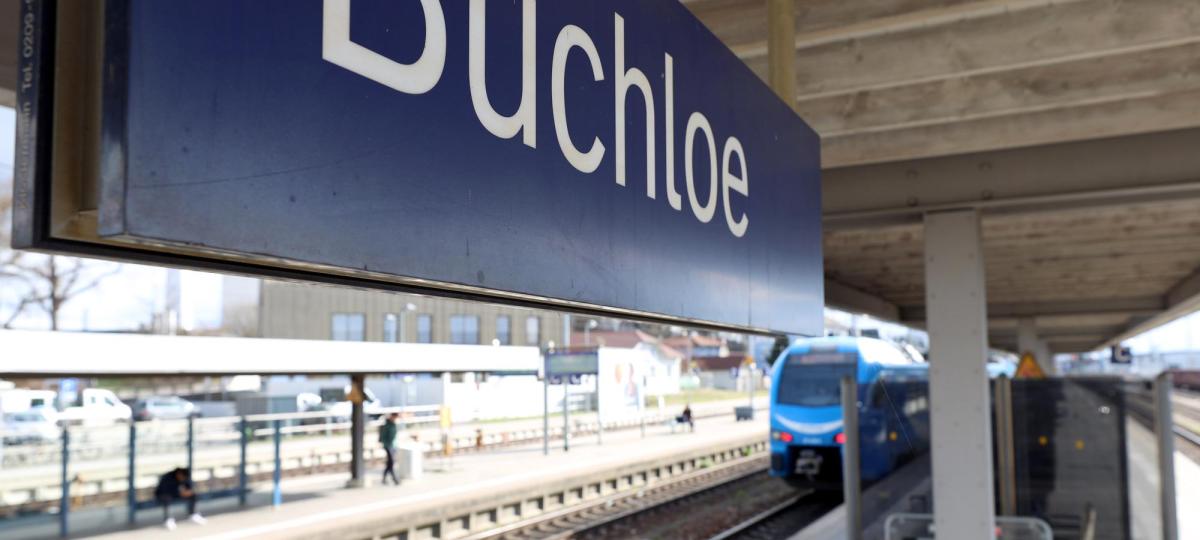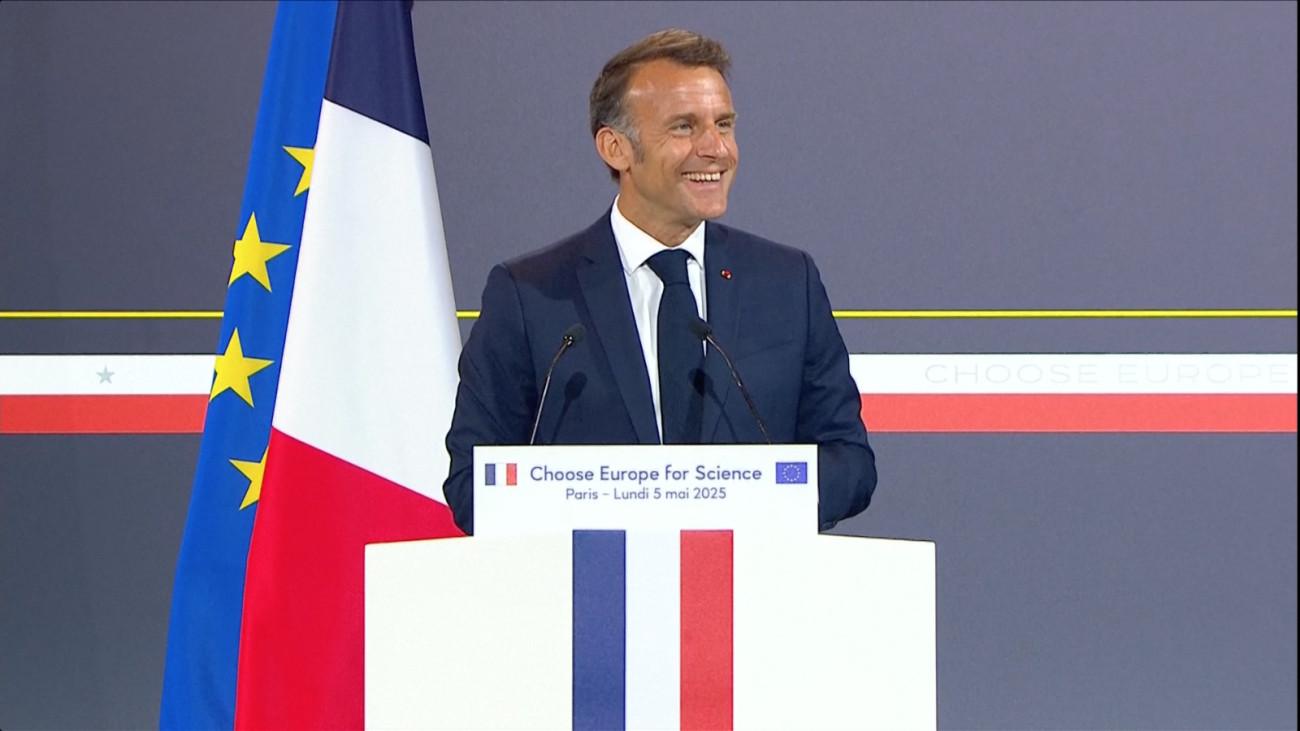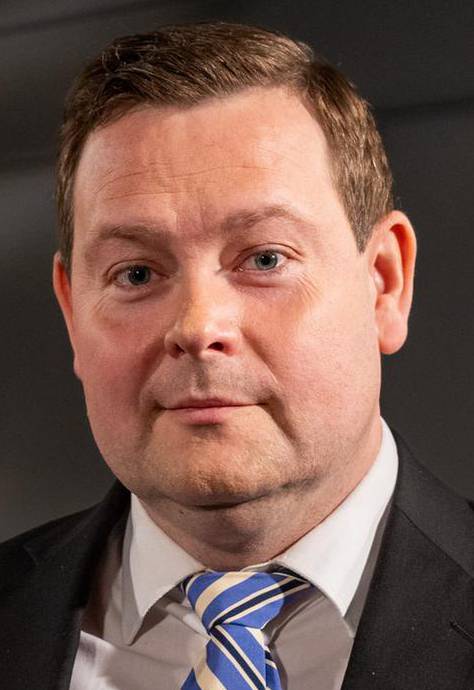Where do cardinals tend to, and what do the faithful want?
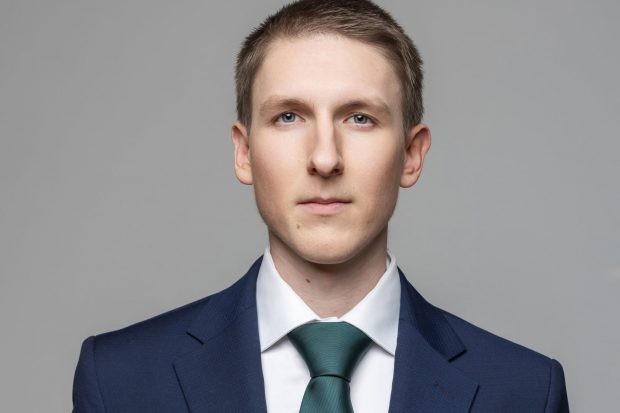
Waiting for the conclave, the question of the usual question again sounds: another pope will be a « progressivist » or « traditionalist »? In fact, this issue is too important – what views the Pope is elected, and he will not dismantle the fingers of the church. Marius Parčiauskas, editor -in -chief of the Catholic Tradition of the Catholic Tradition, points out that the absolute majority of the conclave members will consist of Francis ordained cardinals, that is, the so -called progressive direction, but the general trends among the believers are the opposite. teaching, which means that the « bottom » current can change the situation in a period of many years.
– When Francis died in the media, words flickered: liberal, progressive, innovative. Is that, in your opinion, was the late Pope?
– I will notice that it has been described in a diverse and even more bolder in foreign media, and in the Lithuanian media, it is practically positive, which apparently reflects the tradition only to talk about the deceased. I respect this tradition, but we are still talking about a public person whose decisions have influenced billions of people around the world and we can discuss them not only on the good side.
It can also be started by the fact that Francis was elected in the hope that his pontificate would be short and « calm » with the resignation of Benedict XVI, who was shaking around the church. But things were not at all – the twelve years of the Franciscan pontificate were shocked and ambiguous solutions. The church has long since seen such things like public appeal by cardinals to the Pope with demands to explain its position and even the accusations of heresy.
Francis was distinguished by contradictory solutions in all areas, from the sacraments and family issues to LGRIQ and foreign policy. For example, many Lithuanians condemned the Pope’s attitude towards war in Ukraine, although in general, the diplomacy of an uncritical approach to Russia in the Church is an old one to seek the second year of the Vatican meeting.
No less controversial Francis’ policy towards China, where the Communist Party’s « approved » church and underground or true Catholic Church are operating. The previous popes supported the latter, but Francis essentially transferred the right to the official Beijing to approve bishops. Thus, all 12 years of the Holy See were accompanied by one or another scandal, and although it is called the « pope of dialogue », his actions, such as the pressure on conservative bishops and the withdrawal of Benedict XVI’s traditional liturgy, showed something else.
There is no unity of teaching and there is actual decomposition.
– The Pope has been repeatedly replaced by contradictory things such as shamanic ritual elements in churches or actual German Catholic schism (decay), when the bishops decide to bless homogeneous marriages. Does the Church really survive schism?
– The so -called « Pačamamama scandal », when the stabs of the Gentile deity were built in the church, had little lit in Lithuania, although there was a lot of noise in general. It should also be acknowledged that the German bishops you mentioned openly before the Church’s teaching.
Formally, no one said the church was broken, and Francis followed the policy of the second Vatican meeting and looked at many cases of « amateur ». The result is that the conferences of German, Polish or American bishops can follow completely different teaching, which means that the unity of teaching is not and is an actual decomposition. The parents of the Church proclaimed that one teaching is proclaimed worldwide and that is why there is one church and one of its wizards, the Pope, located in St. Peter’s successor. Now, the different positions of the bishops’ conferences show that one training is no longer held and the church is no longer united. Too little talk about it.
Marius Parčiauskas/Personal Arch. Photo by
– When he was collecting Benedict, the media around the world proclaimed that the church was gathering among progressiveists and conservatives. The same was said when Francis was collected. Now we hear the same choice again?
– First of all, it must be taken into account that the Pope is collected by two -thirds of votes, which means that the most liberal and conservative candidates have no chance. On the other hand, Francis ordained a record number of cardinals – 149. 108 of the 135 conclave members are appointed. I can’t say all about everyone, but at least a large part can be considered liberal or at least supportive Francis’ policy. Of course, it would be difficult to expect a really conservative candidate victory in this position.
But there is another moment. Not only the Conservatives were dissatisfied with Francis, but also the « most radical » liberals who believe that this pope had brought too little change to the Church. It goes without saying that conservatives regarded him as completely liberals. Thus, Francis was completely unsatisfactory to either side. By the way, Francis in Argentina was certainly not known as a traditionalist, but was known as more right -wing, even supported dictator Juan Peron.
Given that the internal confrontation in the church is really deep, it is likely that most cardinals will seek to restore at least conditional peace and choose not liberal or conservatives, but the one who will be able to focus on both sides. I think that a more « technocratic » candidate will be sought. In addition, it is likely that most of the « realistic » candidates announced by the media are relatively young.
There is a Catholic trend in the world to tend to the side of tradition. Especially among young people.
– We are talking about the fact that most of the conclave members are prone to the liberal side. And what do the faithful expect? What pope do you want the Catholic community around the world?
– It is interesting that there is a Catholic tendency all over the world to tend to the side of tradition. Especially among young people. For example, US surveys show that recently ordained young priests are much more conservative than the older spirituals. The Congregation for the X priests, which today is among the biggest congregations, such as the Franciscans or the Jesuits, is growing rapidly.
In a word, the situation is that the total number of believers in the church is decreasing, but the traditionalist part is growing, especially among young, often large families.
What led to it? I think there is a common misconception that the church can attract young people with sound concerts and events. Concerts and events, even better quality, full of churches. In Western Europe and the US, youth tendency to the right trend in politics is felt, and the same tendency is felt in the church. Young people in the church want something sacred, spiritual pen, which they do not receive in their daily lives or on social networks. I agree that this is less noticeable in Lithuania, but the global trends among Catholics are exactly that.
The tendency of believers in the tradition of tradition will change the church gradually and this process can take decades.
– What does that mean for the future of the Church? If the Pope is a progressivist, he will not explore the expectations of the believers you mentioned? What if a traditionalist – he click on the liberal camp? In both cases, it seems that the splitting will continue?
– The Church is not a politics where they can plant opponents to achieve a compromise. The agreement is clearly possible in management issues, but when it comes to doctrine, neither side will want compromises. Let’s say the most liberal wing representatives, while calling for the doctrine to be considered realistic and not to be « one truth », they accept their position as the absolute truth and really do not want the Church to return to tradition or as they themselves say – to the « dark ages ».
At that time, the conservative wing believes that the Church’s teaching is its unity. If there is no single training, what is our identity? How will Catholics be different from various Protestant denominations?
Therefore, I do not think the doctrine compromise is possible. On the contrary, in my personal opinion, even the cost of certain losses, even the price of the same German bishops of schism, would win by the Church by consolidating traditional training. I don’t think this will happen at the time, but I hope.
Finally, we realize that whatever the Pope will be elected, he will not bring any revolutionary change to one side. Rather, the exclusion we discussed between the « bottom » and « peaks » of the church will continue. The tendency of believers in the tradition of tradition will change the church gradually and this process can take decades. Yes, « tops » are now more liberal, but the trend coming from the bottom will eventually change it.


